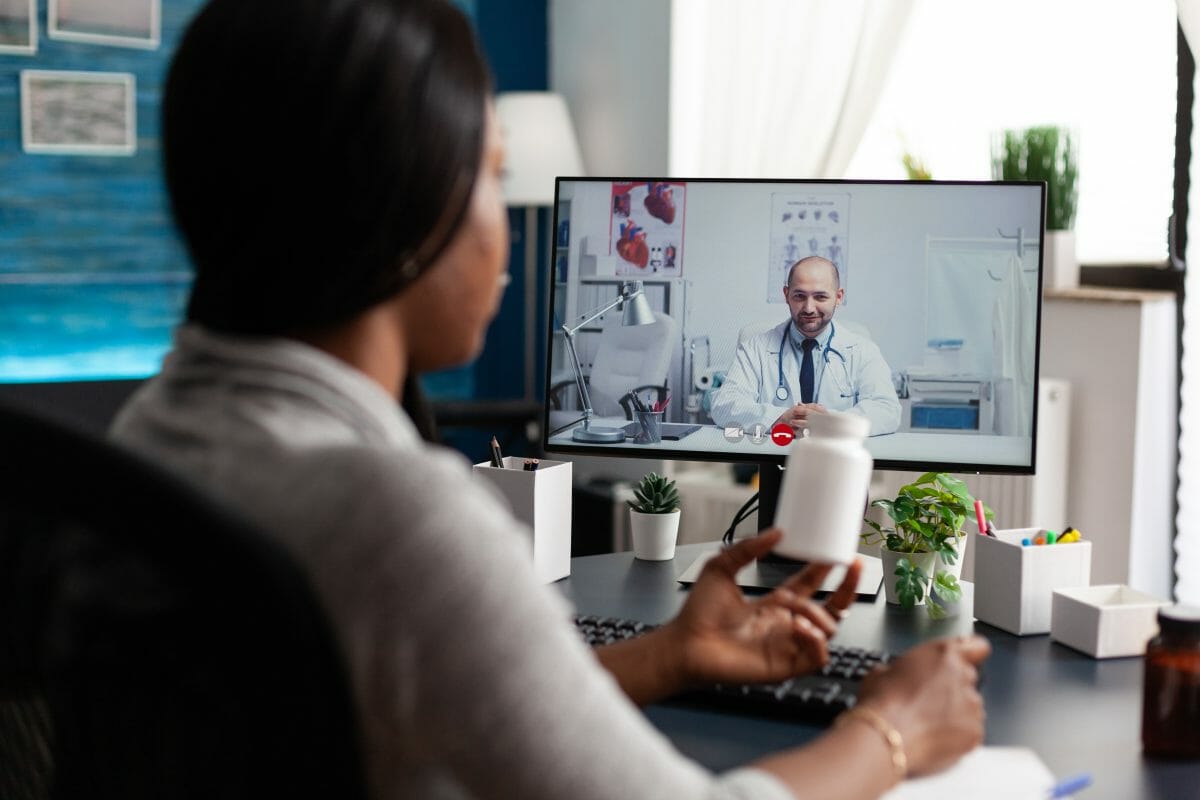The concept of remote work has been around in sectors like IT and travel, but some industries did not embrace it until the pandemic pushed them into the zone. Healthcare is one of them because treating patients from miles away sounds impossible. While telehealth was around before the pandemic, it became commonplace in the new normal. In fact, patients no longer expect to visit clinics and hospitals unless they require invasive procedures and critical care. Remote care can be convenient, safe, and effective, provided healthcare organizations manage their processes effectively. You will probably have a process in place if you run a medical facility. But you must do your bit to ace remote work in the new normal. Here are some tips for healthcare organizations looking to go the extra mile with remote patient care.
Create a seamless workflow
While remote healthcare sounds challenging for providers and organizations, a seamless workflow ensures it is as good as in-person treatment. Start by defining your processes and segregating ones that can be handled remotely. For example, remote patient monitoring, telemedicine, and medical billing are possible from anywhere. Conversely, you need to perform invasive procedures in the facility, so hybrid is the ideal model to adopt. Besides defining workflows, provide the practitioners, nursing staff, and admin employees with the necessary tools and resources to do their jobs effectively.
Ensure data privacy
Patient privacy is one of the critical factors for the healthcare industry. Organizations need to prioritize the security of medical records to stay on the right side of compliance with laws. The concern gets bigger when your staff members access patient records remotely. Thankfully, you can rely on Secure Remote Access Solutions to facilitate data access without compromising it to cyber risks. Practitioners are in a good place because they can get a comprehensive view of patient history and records from anywhere. At the same time, they can collaborate with team members to discuss case histories and treatment options to provide the best patient care.
Foster trust
Trust is the mainstay of patient care, but it may wane when you treat them remotely. However, it is your chance to foster trust by going the extra mile with remote care without location constraints. But before gaining credibility with the patients, you must trust your staff members. You may have some qualms regarding productivity when letting people work from home. However, learning to trust people is the key, so steer clear of micromanagement and focus on output instead of the hours they invest. Pick role-specific KPIs because the performance factors of doctors will not be the same as for ancillary staff. Also, create a positive work environment where employees can come up with their problems and seek solutions.
Adopting the remote work model for your healthcare company is not as daunting as you imagine. The right technology to streamline your workflows gives you a good start. But everything boils down to nurturing trust in your team, even if they work outside the facility. Managing them well ensures top-notch patient care and satisfaction in the long run.
